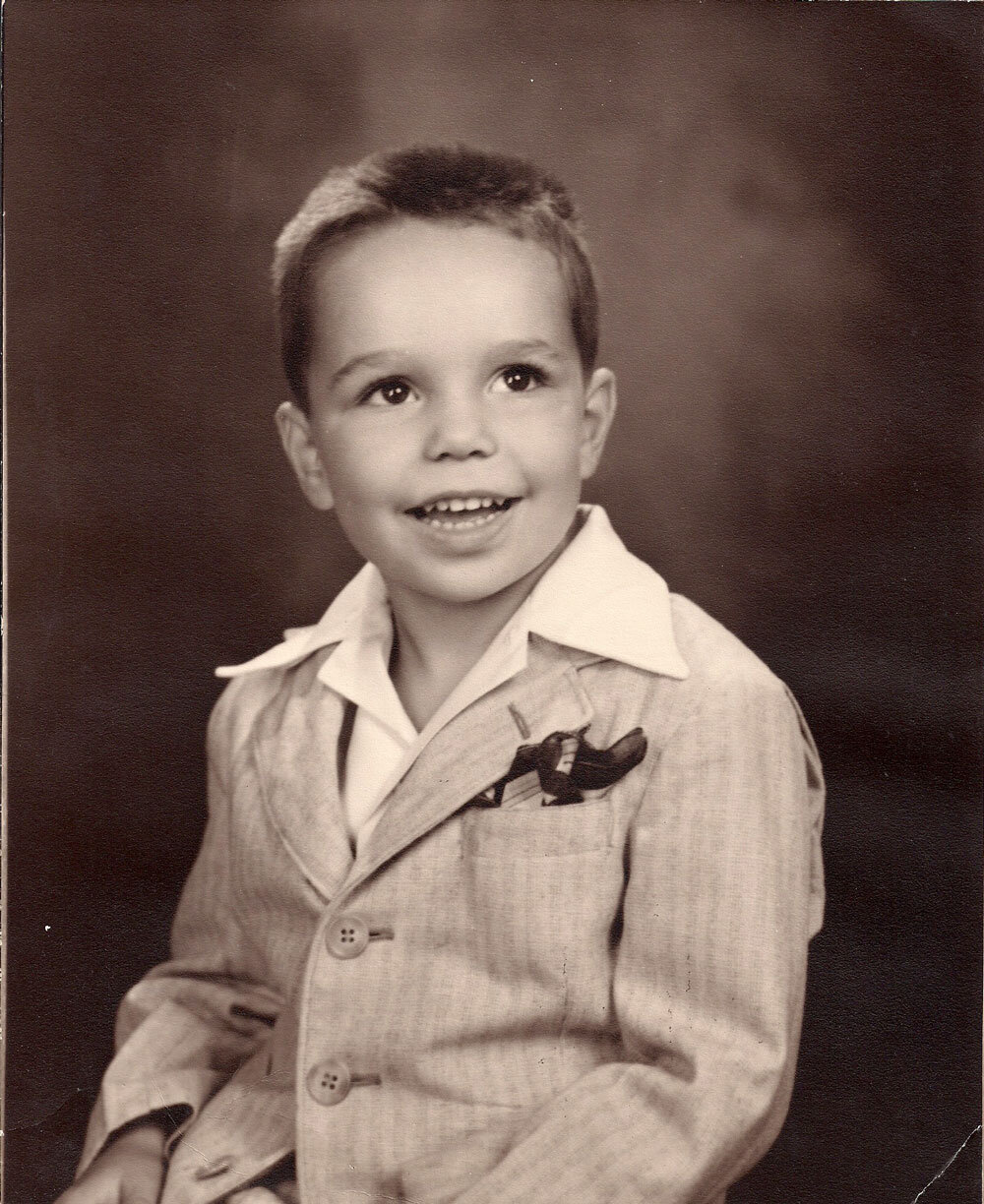I never would have encountered the disgruntled old woman, never would have gone from west coast to east, from San Francisco to Boca Raton, never would have been in the condo’s parking lot if my husband’s uncle—a man I’d never met—hadn’t pulled the trigger that ended his life.
I didn’t know him, but he left us an inheritance, the Florida condo.
We’d send a Christmas card every year, but as a gesture, it wasn’t reciprocated. I couldn’t say if he enjoyed those pre-printed tokens of holiday goodwill or not. The man was vague in my imagination, but he was a relative. Over the years, I thought little of why he might be uncoupled from the family, assuming he preferred it that way. As far as I could tell, there had never been a rift, so his vacancy hardly gave me pause. I had the impression that he was naturally reclusive, opting for privacy. He had no children, had never married. He didn’t work per se; his wealth was from an irrevocable trust. I pictured him as an unconventional gentleman, most likely conservative, possibly republican, perhaps disdainful of California liberals.
Over the years, the cards we sent took a beat more effort. I’d hesitate with self-conscious doubt, envisioning an eye roll at the sight of our return address stamped onto the distinctive, heavier than usual card stock envelopes. I wondered if it was obnoxious to persist with this December routine, letting the cards do the talking, signing off with a bright but trite, “Wishing you the best in the new year!” Chances were high that it would be twelve months before I gave him another thought. I was sincere, but I knew nothing of this Uncle Jimmy’s life. His years could have gone by good or bad; I wouldn’t know; I didn’t pry.
We were in Boca for three days to meet his bank trustee, to do some sorting, and to make a decision about whether to keep the condo or sell it. We were on a mission. Before our arrival, a biohazard clean team had come in. I avoided the bedroom wall that had been scrubbed and primed. They said his mattress captured most of the blood. Uncle Jimmy was a curiosity; I wanted to know something of him, but I couldn’t let that stained surface do all the talking.
He was eccentric, to be sure. Able to afford housing of any variety, he chose a 900 sq. ft. walk up, and although it was across the street from the Atlantic Ocean, it appraised for a mere $235k. At first glance, the gray, two-story building looked like modestly maintained section 8 housing. He didn’t cook, must have eaten every meal out. There were no pots or pans, no coffee pot, toaster, or microwave, and the oven, original to the building’s 1970’s construction, appeared unused. He was a dedicated art and gemstone enthusiast; the bulk of his collections were bequeathed to three different museums. His bookshelves held a number of rare treasures: an autographed memoir by Eleanor Roosevelt, several first editions, and two of those were signed Ernest Hemingway’s: Old Man and the Sea, and For Whom the Bell Tolls. Ta-Nehisi Coates, We Were Eight Years in Power, was on his nightstand. He had a basic flat-screen TV, but he didn’t own a cell phone, computer, stereo or clock radio. Even before flying to Florida, I had begun to recalibrate my impression of Uncle Jimmy, especially when I learned that his car had been sold, and it was a silver BMW with Cayenne red interior—very racy.
On day two, we drove our rented economy car from our hotel to Uncle Jimmy’s condo for a second day of sifting and discovery. He owned unit #22, so we parked in the stall with that number affixed to the tire stop. Only a narrow walkway separated the carport from the front doors of the ground level units. No sooner had we stepped from the car than a bony-fingered woman appeared before us in her terrycloth slippers and faded house dress. This neighbor was no apple doll. Her hair and skin were of the same ashcan hue. Her wrinkles draped over a facial musculature that seemed frozen in perpetual anger.
“He didn’t park there,” she squawked with decrepit vocal cords. “He parked in 38.”
This information struck me as neither friendly nor helpful. She was a bossy biddy that had nothing better to do than monitor the limited comings and goings of a nearly empty parking lot. Stall #38 was unoccupied, and it was closer to the stairwell, but we weren’t about to take another person’s parking place, regardless of what Uncle Jimmy had arranged.
On paper, we were the new owners of unit #22, but it didn’t feel that way. I saw us through that busybody’s eyes; we were interlopers. She knew exactly what we were doing there, clearing out the condo. She would have known Uncle Jimmy far better than we did, and I envied her that. The displeasure she directed our way chafed at a sensitivity I almost couldn’t acknowledge. We had done nothing to deserve Uncle Jimmy’s gifts, and yet there we were, beneficiaries. The more time I spent in his home, the more I wished our connection had been stronger. He became more alive to me in death than he ever had been in life. Grief was a tide rising.
We volunteered to move the car, but she dismissed that offer. “No, don’t bother. But he didn’t park there.”
Full of my own judgments, I curled my lip at the chronic malcontent, certain she wasn’t looking.
It was only as she turned to go back behind her closed door that I caught sight of her face shifting, collapsing in on itself, cinching closed like a drawstring purse, squeezing her eyes shut to prevent tears from leaking out.
“I’m sorry about your uncle,” she said in a small voice. “He was my friend.”

